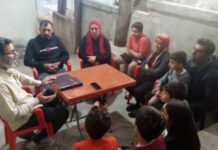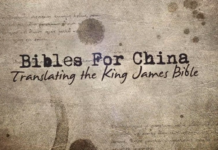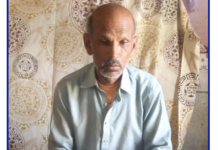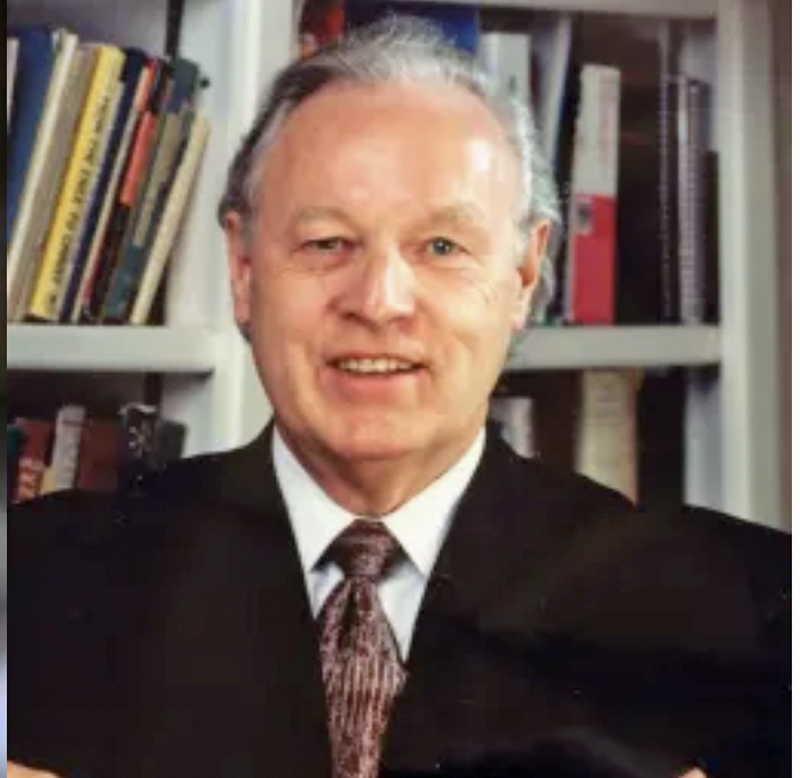High Wycombe, England (ANS) – Language experts have used hundreds of Bible translations along with artificial intelligence (AI) to help create key health warnings such as ‘Wash your hands’ in over 500 languages that are not currently supported on any public translation platform, according to Wycliffe Bible Translators.
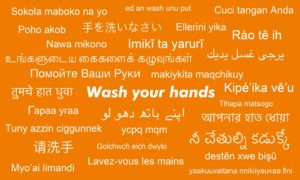
The pioneering work has been led by Steve Moitozo, Daniel Whitenack and Rob Hess of SIL International, a partner organisation of Wycliffe Bible Translators, working with colleagues at SIL and Wycliffe.
Daniel says: ‘Much of the world’s digital media is available in only a couple of dozen languages, and translation platforms like Google Translate only support around 100 languages. This reality means that there are billions of people around the world who are marginalised due to a lack of timely health information.’
Daniel and his team applied state-of-the-art AI techniques to try to construct something close to the phrase ‘Wash your hands’ in 544 languages. The hope was to publish some of these generated phrases. However, a bigger goal was to use the effort to raise awareness about the lack of health information in local languages, which would prompt people to submit their own human corrections or additions to the list. Currently, SIL has published 523 translations of ‘Wash your hands’ and the list continues to grow.
He continues: ‘With the coronavirus (Covid-19) pandemic still spreading worldwide, this work has emphasised the need for immediate, rapid translation of health-related phrases into the many languages that are not currently adequately covered by technology.’
‘When working with marginalised language groups, health workers need to have key phrases such as “Wash your hands” or “Keep your distance” at their fingertips in those languages. People may only vaguely understand the national language, so it is vital to speak their language or else the message will not get through. It’s like your doctor telling you to “Was je handen” (Dutch) or “Lavati le mani” (Italian): you might get the gist, but you will probably miss the details – and that could be life-threatening.’
For Daniel and his team, there were a number of methods that could have been used to create the phrases, but they would have taken considerable time. Given the pressing concerns about the coronavirus pandemic, Daniel and his team wanted to move faster than these methods allowed. So they combined several AI-based techniques with things like Facebook Research to rapidly generate the phrases based, at least partially, on Bible translations in the target languages. There then followed the testing and validating of the phrases using reference translations and back-translation, before the phrases could ‘go live’.
Some of the generated ‘Wash your hands’ phrases (along with many human translated versions) can be viewed at https://www.ethnologue.com/guides/health. Daniel notes: ‘On this guide page, you can also contribute your own translation or correction, and you can download corresponding, local-language posters illustrating hand-washing.’
This work has allowed SIL to build a community of people interested in helping to get health information into local languages. This community is currently developing even more useful coronavirus-related information in local languages, including a short book About Coronavirus and related infographics. Read more about these efforts at https://www.sil.org/covid-19.
Daniel continues: ‘I’m not saying that this is a solution to the problem of information spread about coronavirus and other health-related issues, nor will it work in all languages. But we need to be trying to develop creative solutions to problems related to the current crisis. Maybe this is a small piece of a very large puzzle.’
‘But this work and the development of such phrases should help health professionals working in some of these marginalised language groups, as they seek to disseminate vital, life-saving information to people in need.’
Due to the nature of their work, people serving with Wycliffe are often at the cutting edge of language technology. Though they work for organisations involved in Bible translation, their work often involves much more than ‘just’ translating the Bible – from writing down the language for the first time to creating the first-ever alphabet, from developing writing systems for the language right through to where books, apps and other media have been developed in the language.
James Poole, Executive Director of Wycliffe, comments: ‘The highly specialised work of people like Daniel and his team is vital to the on-going efforts in Bible translation. But as this latest application shows, as well as addressing people’s spiritual well-being, Bible translation work also has a significant impact in areas such as health and physical well-being. At a time of a world pandemic, this sort of work comes into its own.’
You can view Daniel’s original blog describing the work in more detail at https://datadan.io/blog/wash-your-hand

